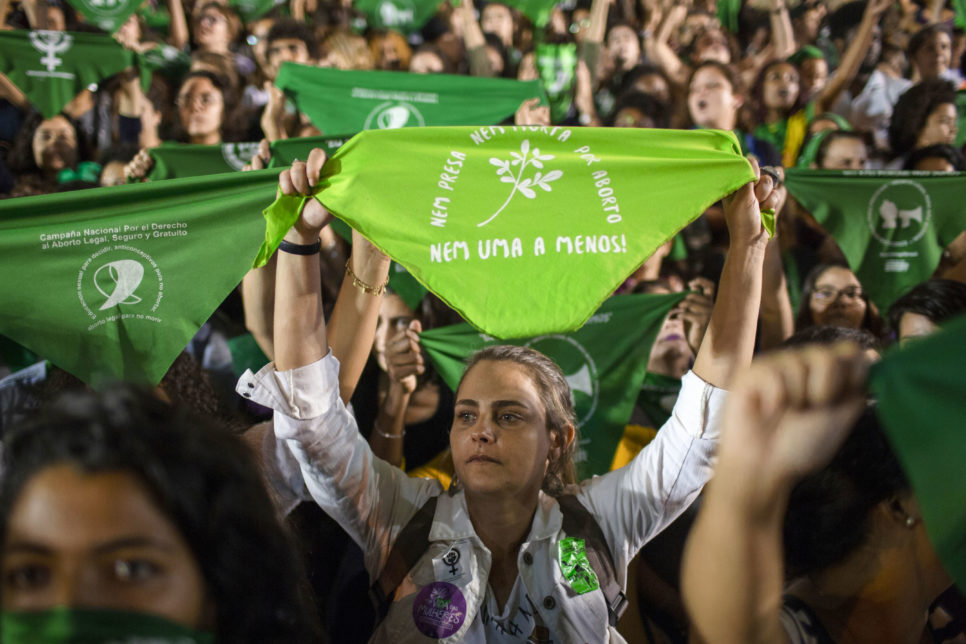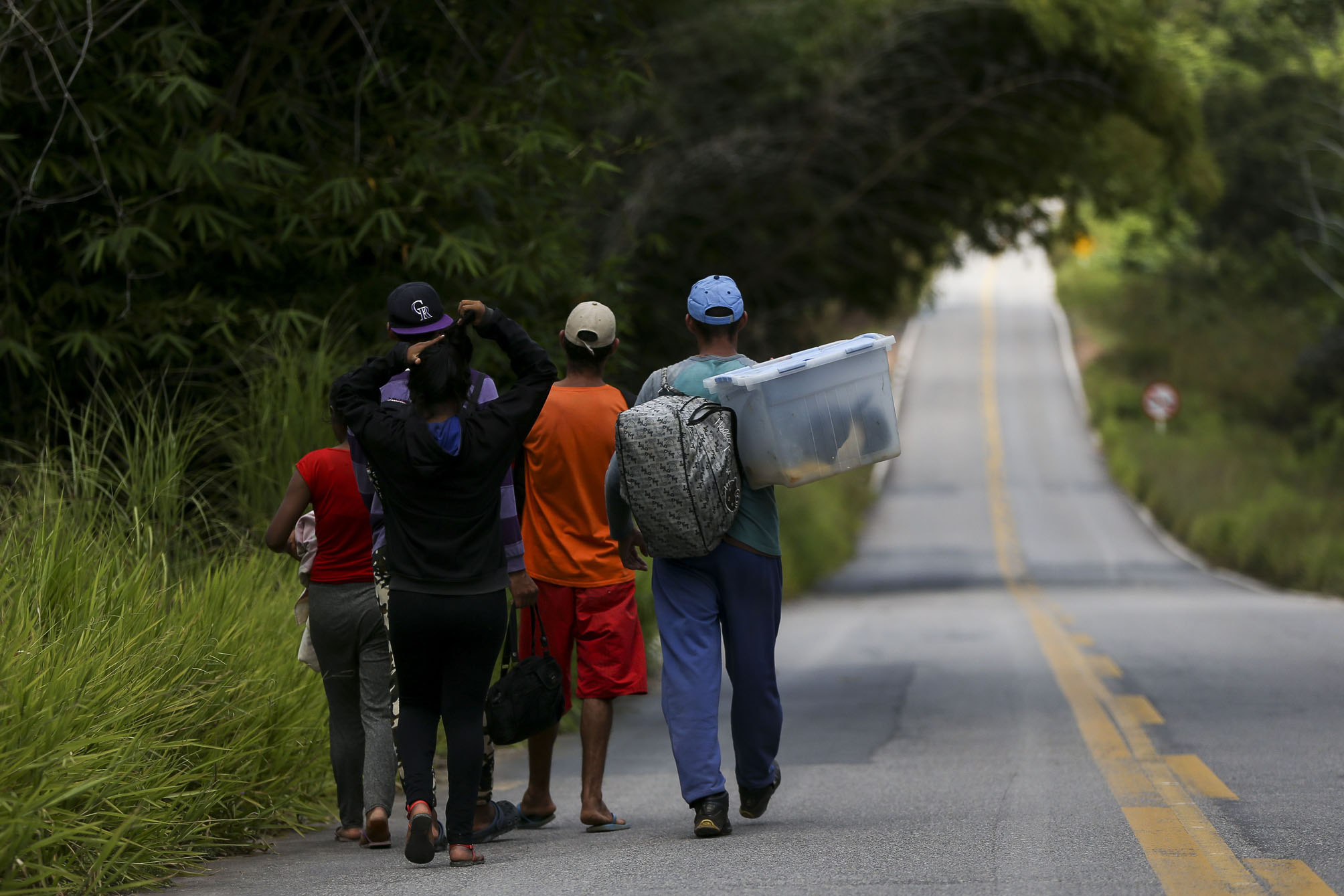
The pandemic has worsened the vulnerability of migrants crossing borders into Brazil in search of safety, asylum and a new start in life. Drawing on the assertion that the entry of people from Venezuela could worsen the health crisis – something that was never confirmed in technical documents from Anvisa (National Health Regulatory Agency) – the federal government issued several decrees to condition the entry and asylum requests from Venezuelan citizens crossing land borders.
These border decrees, with identical content, were intended to regulate article 3, item VI, of Law 13,979/2020, which defined the “state of public calamity” in Brazil on account of the pandemic. In practice, their enforcement led to the abandonment of dozens of people – including children, seniors and pregnant women – on the bridge that connects the border towns of Assis Brasil and Iñapari, in Peru.
Read more
According to Conectas, the Federal Prosecutor’s Office, the Federal Public Defender’s Office and Caritas Archdiocese of São Paulo, the decrees violate the Migration Law and the Refugee Law, international treaties such as the Geneva Convention (1951) and the Cartagena Declaration (1984), as well as the Brazilian Constitution.
They also trample on the principle of non-refoulement, which prohibits the forced return of migrants to countries that subject them to inhumane or degrading treatment or to political persecution.
As a result of this situation, the organizations filed a Public Civil Action against the federal government demanding the suspension of deportations and immigration regularization for people who arrive at the borders of the state of Acre.
The trial court judge accepted some of the requests and granted an injunction suspending the deportations and requiring the Brazilian State to guarantee the right to apply for asylum. The federal government appealed the ruling and managed to overturn the injunction, despite the internal motions filed by the petitioning organizations.
Although Venezuelans represent the largest migrant inflow to Brazil, which recognizes them as victims of serious and widespread human rights violations, only Haitians and Syrians can apply for temporary humanitarian visas in the country.
Technical information
- Case: ACP 1004501-35.2020.4.01.3000
- Court: 3rd Civil and Criminal Federal Court of the Judiciary Section of Acre (SJAC) / Federal Appeals Court of the 1st Region (TRF-1)
- Status: Awaiting judgment of the merit by TRF-1 and judgment of the appeal filed by the federal government.
- Procedure:
- 08/17/20: Initial petition
- 8/19/20: Trial court ruling accepts some requests and grants injunction
- 8/20/20: Federal government files appeal against granting of injunction
- 9/3/20: Ruling in favor of the appeal
- 9/9/20: Petitioners file internal motions against the acceptance of the appeal
- 10/8/20: Ruling deems the request for reconsideration impaired and accepts the request of the Public Prosecutor’s Office to lift the secrecy of the Anvisa documents that were used to support the decrees







